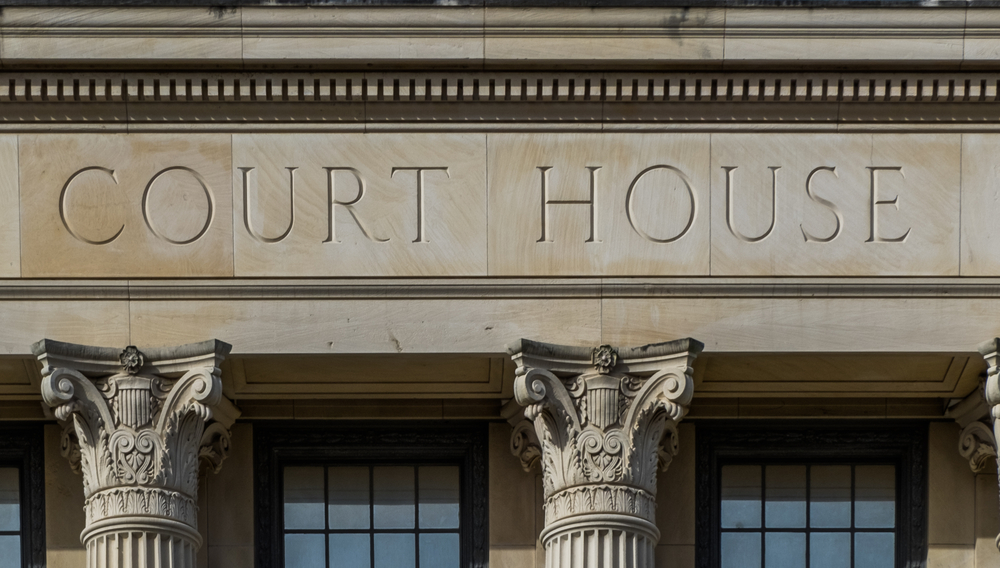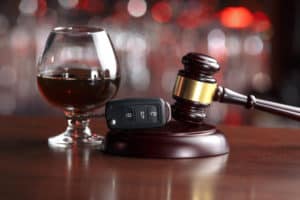
If you want to avoid a long courtroom fight without admitting to or accepting the driving while intoxicated (DWI) charge against you, a no-contest plea is better than pleading guilty in a Texas DWI case. However, pleading no contest will not protect you from the stringent penalties of a DWI conviction.
Pleading No Contest vs Guilty
When you plead guilty, you admit to committing the acts alleged in your charges. You do not have to worry about building a defense since you have already stated you are guilty. The court will then sentence you and decide what penalties you will face.
If you plead no contest instead, you admit nothing and maintain that you are innocent. You are simply saying that you prefer not to put yourself and your family through the expense and stress of a court case. Again, you do not need to defend yourself, and the court will hand down a sentence right away.
Regardless of how you plead, a DWI conviction can upend your life. The penalties associated with such a conviction are discussed below.
DWI Penalties Have Both Short and Long-Term Consequences
As the Texas Department of Transportation (TxDOT) explains, DWI penalties get more severe the more times you are convicted. Although the types of penalties remain the same, the amount of time and money they cost you increases, sometimes exponentially. These penalties typically include:
- Fines: A first conviction carries a maximum fine of $2,000. A third conviction carries a maximum fine of $10,000.
- License suspension: After a first conviction, you could lose your license for up to 1 year. After a third conviction, you could lose it for up to 2 years.
- Jail time: A first conviction could put you in jail for up to 6 months. A third conviction could put you in prison for up to 10 years.
All DWI convictions will end up on your permanent criminal record. Anyone who wants to access that record – including future employers, landlords, and universities – will be able to see these convictions.
DWI Convictions Related to a Car Accident
If you received your DWI charges in connection with a collision in Dallas, there is an additional lasting consequence—you will not have the opportunity to seal your record upon conviction. Rather than facing these potentially lifelong repercussions alone, consider reaching out to our firm to discuss your options.
A Lawyer Can Help, No Matter you Plead No Contest or Plead Guilty
The people who see your record are not likely to care that you plead no contest rather than guilty. All they will see is your conviction, and they will make critical decisions about how to interact with you based on that. Therefore, you want to think very carefully before entering a plea.
A Dallas, TX DWI Lawyer will make sure you fully understand the consequences of your plea by:
- Discussing your options: You can plead guilty, not guilty, or no contest. An attorney will explain the implications and consequences of each.
- Providing an unbiased perspective: Sometimes, it is tough to make good decisions when you are too close to the situation. Your lawyer offers an invaluable third-person perspective.
- Advising you: A lawyer can investigate and examine the specifics of your case and help you figure out the best possible plea for you.
If You Decide to Plead Not Guilty
If you decide to plead not guilty, your lawyer will build the strongest possible case in your defense. They may take steps such as:
- Collecting evidence: To prove that you are not guilty, your lawyer will seek evidence from police reports, surveillance videos, photos of the scene, and more.
- Arguing for reduced charges: Having your charges reduced means you will face much lighter penalties if convicted.
- Asking for a dismissal: In some cases, the evidence of your innocence and/or of police misconduct is so strong that your lawyer can request all charges be dropped immediately.
- Representing you in court: Your lawyer will defend you at trial, even questioning witnesses and submitting trial exhibits.
Contact Our Firm for Help With Your DWI Case
Randy Isenberg has decades of experience as a judge, a prosecutor, and a defense attorney. He and the team at Law Offices of Randall B. Isenberg can help you decide if a no-contest plea is better for you than pleading guilty in a Texas DWI case, or they can help you build a defense if you decide to plead not guilty. Call us at (214) 696-9253 for more information.










